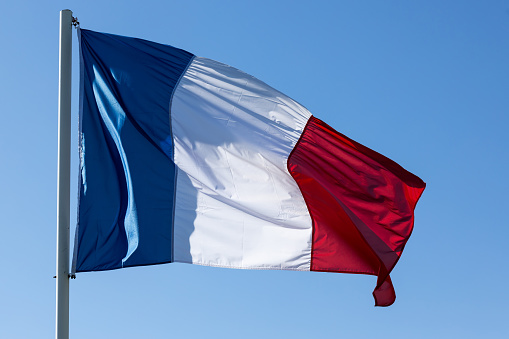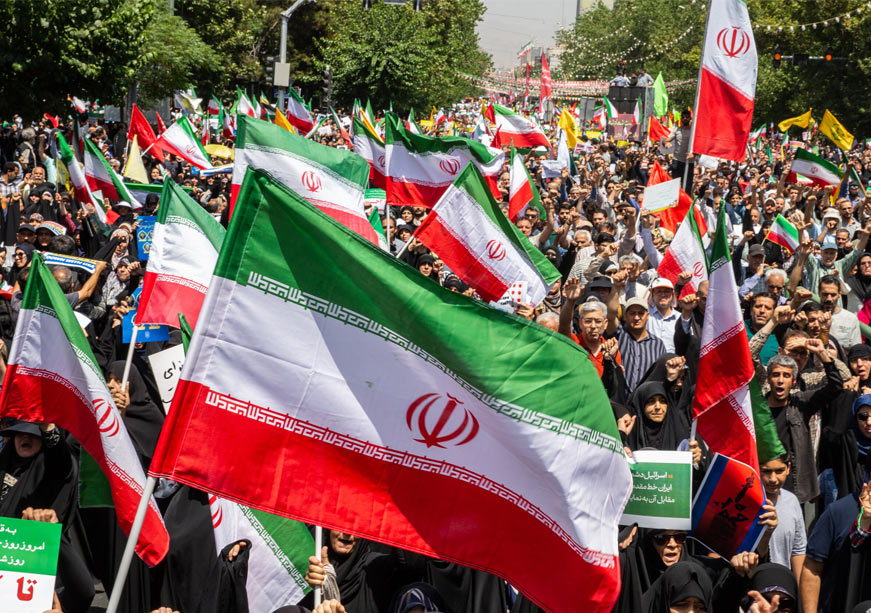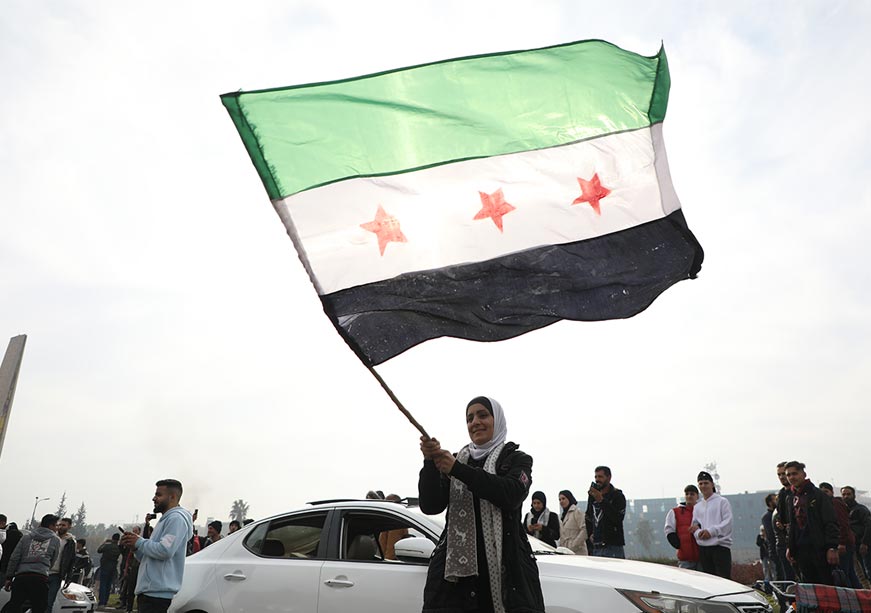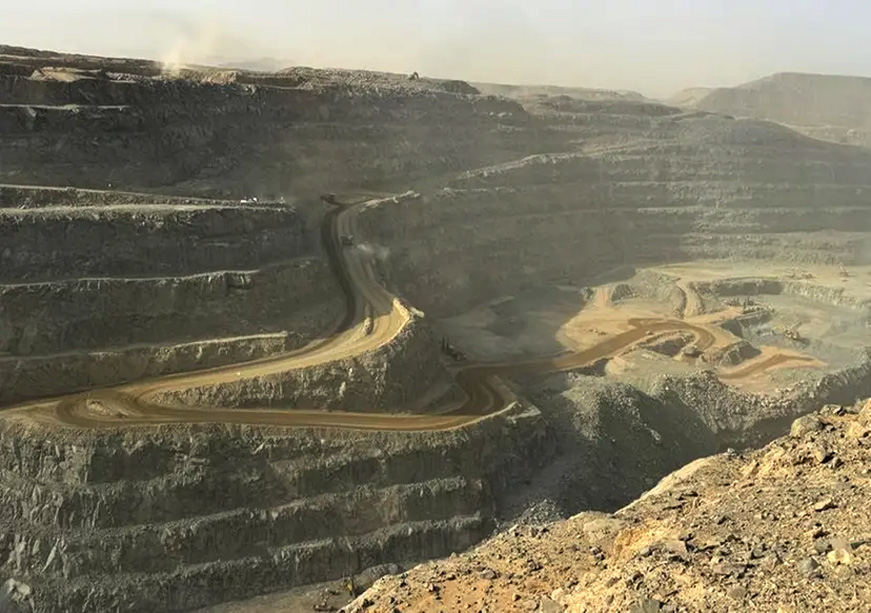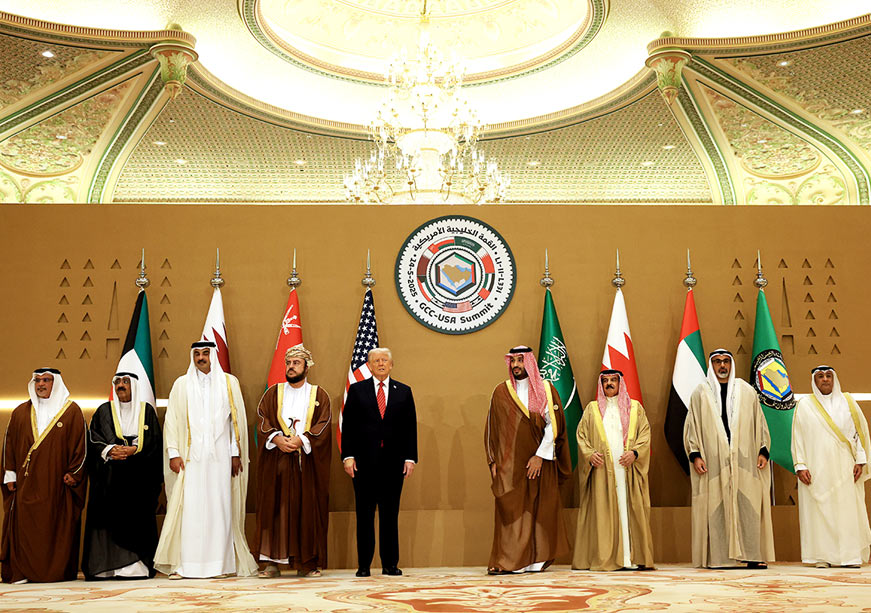P5 and E3 are acronyms with significant geopolitical weight. The first term refers to the five permanent members of the United Nations Security Council (UNSC) whereas the second stands for the three European/European Union (EU)[1] countries involved in the negotiation of the 2015 Iranian nuclear agreement[2]. Among the limited number of states being part of these multilateral structures, France is the only transcontinental EU Member State with an assigned seat at both negotiation tables. These seats are historically designed to grant their occupant a decisive voice and substantial geostrategic leverage in international negotiations over conflict prevention and resolution.
Looking beyond traditional multilateral fora for conflict prevention and resolution
Amid mounting geopolitical tensions and rising risk of state-based armed conflict escalation and multiplication, the actors around historic multilateral negotiation tables confront their increasingly divergent or even hostile worldviews. At this point, such differences render these setups unable to fulfil their original functions. As adversity grows and traditional multilateral fora are losing effectiveness and credibility, the international security landscape is further deteriorating. Yet, for the states involved, these multilateral structures continue to provide platforms to highlight standpoints, bring them to the forefront and dialogue with countries having conflicting views and interests. While the conversation continues, its impact, if any, remains modest.
In this context, the prominence of strategic bilateral security and economic partnerships between regional powers is increasing. Such cooperations can, to some extent, counter fragmentation dynamics and facilitate dialogue to advance conflict resolution. This paper argues that a country capable of leveraging partnerships of this nature in conflict-prone regions, while also having a seat at multilateral negotiation tables, has significant strategic potential to shape the course of mediation efforts and peacebuilding initiatives. For states with their security and economic interests being directly impacted by regional tension-escalation, the incentives to capitalise on their positions and partnership constellations in the international arena are particularly strong.
France, a transcontinental multilateral actor and a key regional strategic partner
France is the only P5 and E3 state with geographically distant territories in Europe, America and Asia. The country is both a Euro-Atlantic and Indo-Pacific power with its national borders and strategic environments extending from the Atlantic to the Pacific. France geographically delineates the Indo-Pacific as spanning “from the eastern shores of Africa to the Pacific”. This definition also includes in this large geographic space three states of the Arabic Peninsula, located at the Southern parts of the Gulf: Yemen, Oman and the United Arab Emirates (UAE). Having 93% of its exclusive economic zone in the Indian and Pacific Oceans, it is indispensable for France to ensure the continuity of trade flows and connections between its mainland in Europe and the Pacific, through the Gulf. Consequently, any crisis and disruption in the Middle East – at the intersection of pathways between continents – poses direct risks to France’s security and economic interests. In line with this assessment, one of the main pillars of the country’s Indo-Pacific Strategy is the restoration and preservation of inter-regional stability. Therefore, France aims to uphold “alongside its partners, access to common areas in a context of strategic competition and increasingly restrictive military environments” and participate “in the maintenance of strategic stability and military balances of power through international action based on multilateralism”.
France’s strategic military presence in the Middle East – security partnership with the UAE
Consistent with this geostrategic rational, France engages in partnerships in the wider Indo-Pacific with trusted regional powers that are geographically well positioned and willing to play the role of stabilising forces. In the Gulf, the UAE emerged as a natural interlocutor and became a privileged partner with whom France has “forged an exceptional relationship” based on “mutual trust”. The partnership has notably a longstanding economic and security component. The UAE describes itself as a country that “serves as a strategic economic partner for France in the region, owing to its geographic advantage and global connectivity”, and one that has an “extensive and diversified” defence and security cooperation with Paris. The latter was established in 1995 and has been gradually elevated ever since, with the 2009 reinforced bilateral defence agreement marking a milestone in the partnership. This evolving historic cooperation allowed for the establishment of French military bases in the UAE, thereby enabling France through its Army’s sustained presence in the region to have its forces on the ground in a geostrategic hotspot. Thanks to these military bases in the UAE – the only French ones in the Gulf – Paris has become an actor of the Middle Eastern security architecture. This collaboration also provides a framework for France “to reaffirm its solidarity [with the UAE] through security guarantees” and aims to strengthen the military and defence capabilities of the Emirates.
Considering both countries’ high economic and security stakes in the region, they regularly reaffirm their shared interest for peaceful coexistence in the Middle East. In May 2025, both “parties expressed their continued commitment to peace, stability, and security in line with international law and emphasized the need to find just and sustainable solutions to the crises in the region”. Grounded in this strategic cooperation – the two countries naturally turn to one another amid regional conflict outbreaks and gravitate toward mutually reinforcing de-escalation efforts. As tensions raised between Iran and Israel in June 2025, France and the UAE actively engaged in multiple bilateral exchanges as well as in distinct discussions with other regional partners. On 13 June, the President of France, Emmanual Macron, stated that the country stands by its regional partners – like the UAE – and is ready and willing to support them by French forces. During a subsequent phone conversation with the President of the UAE, His Highness Sheikh Mohamed bin Zayed Al Nahyan, the Emirati leader “underlined the importance of intensifying regional and international efforts to bring about an immediate end to the escalation and prioritise dialogue and diplomacy to contain the crisis and reach a peaceful solution”. His Highness also emphasized the role and responsibility of the UNSC – with France as one its permanent members – in “preventing further escalation and taking urgent and necessary measures to achieve a ceasefire and reinforce international peace and security”.
France’s unique strategic potential to have agency in regional stabilisation efforts
For regional and global efforts to be efficient and lasting, they shall be complementary and mutually reinforcing. Based on this rational, France’s strategic potential to have agency in conflict-resolution efforts is unique. The country is not only the single Euro-Atlantic and Indo-Pacific P5 and E3 member, but it is also a strategic economic and security partner of the UAE, a main regional actor in the Middle East located between France’s mainland and overseas territories. By thoughtfully leveraging its diverse diplomatique positions, connections and assets, France could avoid being sidelined of the peacebuilding efforts and take an active role in the region’s stabilisation.
Being both a Euro-Atlantic and an Indo-Pacific power could allow France to move beyond a merely Euro-centric perspective by bringing a multi-regional viewpoint to the negotiation table. However, to be accepted and perceived as a legitimate actor in this process, the country has a challenging task. It needs to value the stance of its partners from the Middle East while actively coordinating with its peer EU Member States and dialoging with the other P5 powers.
Eszter Karacsony is an Associate Fellow (Geopolitics) and Programme Lead, Observer Research Foundation- Middle East.
[1] Since the agreement’s negotiation, the United Kingdom left the European Union.
[2] The Joint Comprehensive Plan of Action (JCPoA).
